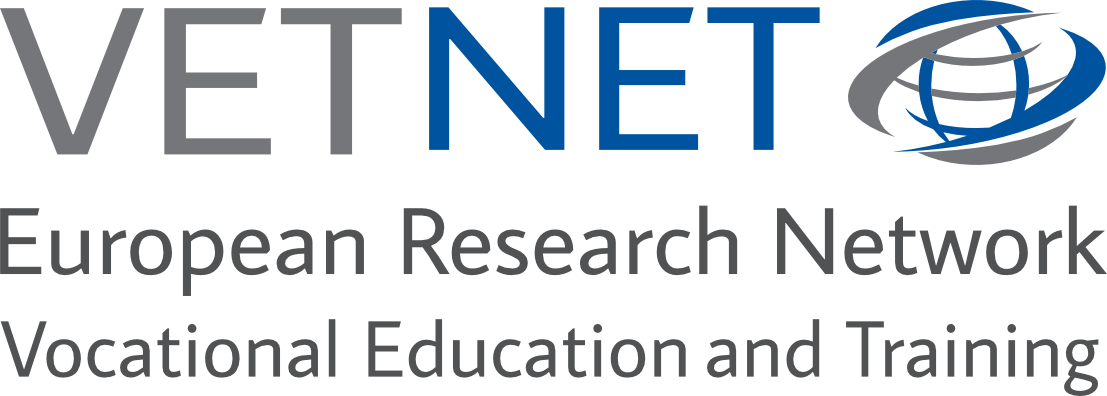Job satisfaction, work engagement, and turnover intention of CTE health science teachers
DOI:
https://doi.org/10.13152/IJRVET.6.3.2Keywords:
CTE, VET, vocational education and training, job satisfaction, work engagement, turnover intention, health science teachersAbstract
Context: The healthcare profession is one of the largest growing occupations in the United States. Yet, there is a shortage of healthcare professionals and the situation is further compounded by insufficient instructors to prepare individuals to provide safe and quality care. A number of teachers leave the profession within 3 to 5 years of work in the classroom. It is important to ensure that teachers are satisfied and engaged at work because of the positive impact these job attitudes contribute to performance. Considering the importance of Career and Technical Education (CTE) health science teachers to the health sector, there is need to examine teacher job satisfaction and work engagement and the impact this may have on turnover intention. The purpose of this study is to examine the relationships between job satisfaction, work engagement, and turnover intention of CTE health science teachers in the United States (US).
Approach: In this study, hierarchical multiple regression was used to analyze a total of 249 responses from CTE health science teachers in the State of Texas in the US.
Findings: The results showed positive correlations between job satisfaction and work engagement. Additionally, job satisfaction and work engagement were negatively correlated with turnover intention. The finding also indicated that work engagement did not moderate the relationship between job satisfaction and turnover intention.
Conclusions: This study builds on the work of previous researchers by further supporting the links between job satisfaction, work engagement, and turnover intention specifically in the context of teachers in CTE health science. Leaders in academic settings play a role in ensuring that strategies are in place to satisfy and engage teachers as practical ways to reduce turnover intention. In particular, administrative leaders should recognize teachers’ contributions, provide development opportunities, and promote challenging responsibilities and autonomy within the classroom. It is critical to have adequate and qualified teachers to prepare individuals to deliver safe and quality healthcare.





